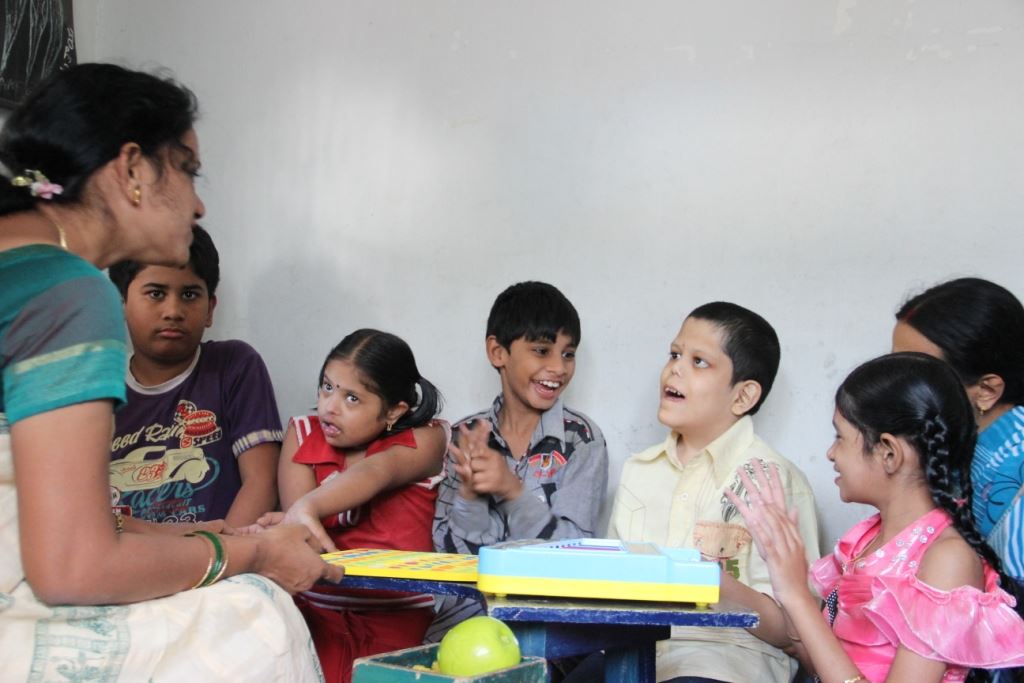
Special Education Services in India are designed to cater to the educational needs of children with special needs. These children have developmental disabilities that require special attention and care. The Indian government has taken several initiatives to provide quality education to these children. According to a report by Statista, over 2.2% of India’s population endures some form of severe mental or physical disability.
What’s Special Education Services ?
The concept of Special Education refers to the provision of educational services to Special needs children. Inclusive education is an approach that facilitates their learning and allows them to participate in different activities that they may not have had access to on account of their inability to go to school. Hence, special needs children do not have to always study in a separate institution. Most of them can learn quite well in general classes of a school. However, some children who have severe difficulties, due to the nature of their disability, may benefit greatly from being educated in a classroom prepared exclusively for them, as a smaller number of students are grouped, where the educator interacts with the students on a one-to-one basis.
Special Education Services By Government:
The Ministry of Human Resource Development (Department of Secondary and Higher Education) has been implementing a scheme of ‘Integrated Education for the Disabled Children’ (IEDC) in formal schools since 1982, the objective is working towards providing education to children with special needs through formal schools. The Ministry of Social Justice and Empowerment has also initiated a programme of Special Schools for Children with Developmental Disabilities. The National Institute for the Empowerment of Persons with Intellectual Disabilities (NIEPID) is another organization that provides education and training to persons with intellectual disabilities.
In addition to these Special Education Services in India, there are more than 2,500 schools for children with special needs in India. Some are run or supported by the government, while many are registered NGOs or private institutions. Children resident in India can apply to these schools. The component provides support for various student-oriented activities which include identification and assessment of children with special needs, provision of aids, appliances, corrective surgeries, Braille books, large print books and uniforms, therapeutic services, development of teaching-learning material (TLM), assistive devices & equipment, environment building and orientation programme to create positive attitude and awareness about nature and needs of children with special needs, purchase/development of instructional materials, in-service training of special educators and general teachers on curriculum adaptation, stipend for girls with special needs etc.
Special Education Services By Public Organizations:
- Vikaspedia provides guidelines for parents of children with disabilities, including information on formal schools, special schools, and the National Institute of Open Schooling (NIOS).
- Angloinfo provides information on special schools in India that offer non-formal education and vocational training for children with special needs.
- SchoolMyKids provides a list of special needs schools in India offering special needs curriculum with information on fees, admission procedure, ranking, etc.
- Samagra Shiksha is an integrated scheme for School Education covering children with special needs from classes 1 to 12 under the Department of School Education and Literacy, MHRD. The Scheme is governed and regulated by the provisions of the RTE Act, 2009 (India Today)
Conclusion
The Indian government has taken several initiatives to provide quality education to Children with Developmental Disability. This reflects a commendable commitment to inclusive and quality education. These initiatives not only underscore the importance of recognizing and addressing the unique educational needs of every child but also contribute significantly to fostering an inclusive and equitable society.


